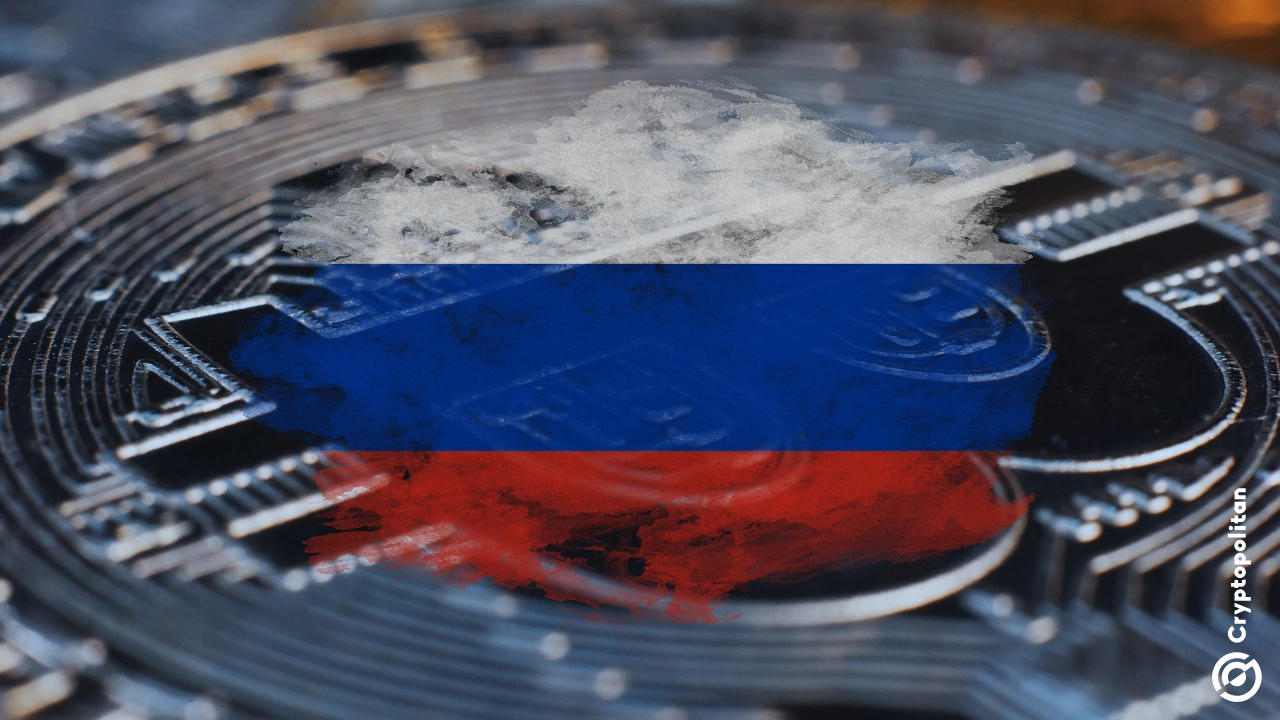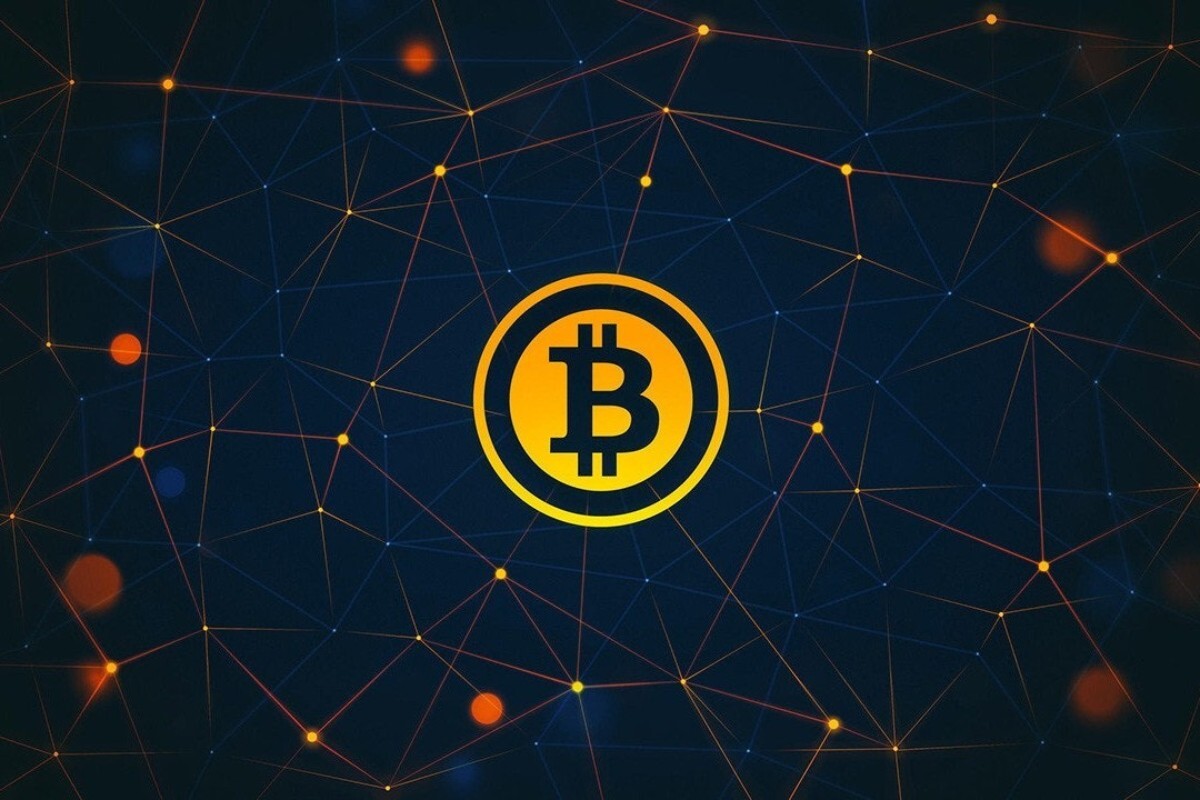The Kuwait Ministry of Interior has issued a warning against cryptocurrency mining, after electricity usage data indicated that over 1,000 locations in the Gulf nation may be running mining rigs.
Crypto mining has been illegal in Kuwait since July 2023, when the Capital and Markets Authority issued a circular banning all cryptocurrency activity, including transfers and trading.
The detection of abnormal electricity usage has led the Ministry of Interior to reaffirm this ban, writing in an announcement that mining is an “unlicensed activity and a direct violation of the county’s law.”
Yet Kuwait has some of the lowest electricity prices in the world, and it seems that the relatively low cost of energy is too much of an enticement for some residents, with the government highlighting several negative results.
As the Ministry writes, “[mining] also causes power outages in residential, commercial and service areas, in a way which poses a threat to public safety and disrupts providing regular essential services.”
The governmental department—which is responsible for policing and public security—also used its warning to call on “violators to promptly rectify their stances,” threatening prosecution “in accordance with applicable laws” if they fail to do so.
The warning from the Ministry of Interior is part of a joint effort with several other governmental agencies, including the Ministry of Electricity, Water and Renewable Energy, which has also been able to identify extremely high electricity usage in 100 homes in the Al-Wafra region.
According to the Ministry’s spokesperson, Fatima Jawhar Hayat, the flagged homes display consistently and abnormally high usage 24 hours a day, which is unlike the fluctuating patterns typical of homes.
“In some cases, consumption exceeded 100,000 kilowatt-hours during March 2025—nearly 20 times the typical usage of neighboring homes,” she said.
It’s not clear what has happened to the occupants of the 100 identified homes, yet Hayat added that the Ministry will continue monitoring electricity consumption throughout Kuwait.
According to the Cambridge Bitcoin Electricity Consumption Index, Kuwait accounted for 0.05% of Bitcoin’s total hashrate in 2022, one year before its financial regulator banned cryptocurrency mining.
While there is no reliable data on crypto ownership in Kuwait since the 2023 ban, there is evidence that the Kuwaiti public continues to trade digital assets.
Most recently, a fraudulent token called Bitcoin Kuwait resulted in retail investors losing around $40 million, after it collapsed in price almost immediately after launching in January.
This fraud was the subject of public complaints by researcher Dr. Safaa Zaman on X, who highlighted the lack of enforcement of Kuwait’s ban on cryptocurrency activities, and who called for legislation to reinforce the government’s stance on crypto.
She wrote, “Where is the oversight, where is the legislation, and where is the fraudster?”
Edited by Stacy Elliott.
















No comments yet